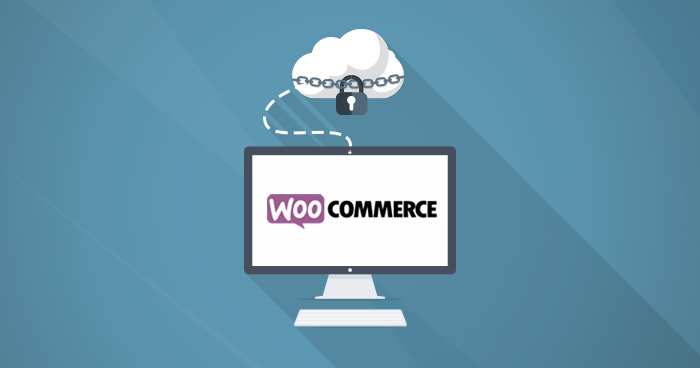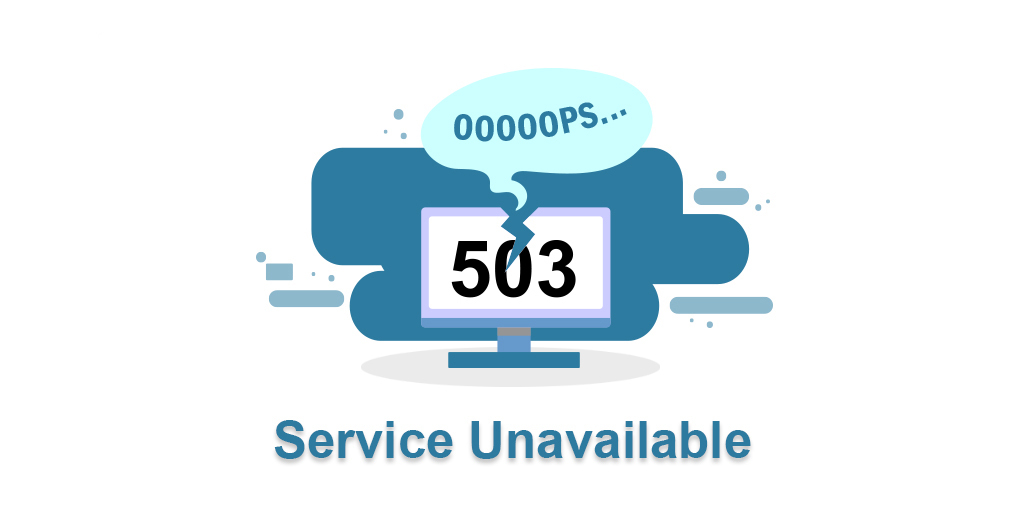It’s important to keep your data backed up and protect your website from cyber threats because you never know when you might lose all that sensitive information. This is especially true for WooCommerce sites, which store a lot of personal customer information
Why Do You Need to Backup a WooCommerce Site?
You should already be taking backups of your site as a part of your site security. WooCommerce sites can take advantage of these backups with a couple special reasons.
Updates
With so many updates being released by the WooCommerce team, it can be hard to keep up with all of them. The team at WooCommerce recommends backing up your entire site before updating, but it's still important to stay on top of the latest news and features that get released.
The more you update your website, the more likely it is to have incompatibilities between plugins and extensions. To avoid any issues, create a backup of your site. You can also take certain precautions before updating, such as testing whichever new update you are considering on a different domain or hosting service than your production site.
WooCommerce sites are more likely to experience downtime. This can result in loss of thousands. Brands must make sure they have back up plans to ensure the site stays up on an ongoing basis.
When your WooCommerce crashes, it’s a big deal. Not only do you lose valuable data, you could potentially lose confidential customer data, payment information, and orders. This isn’t just a minor glitch- your business could be destroyed. You need to know that your WooCommerce is backed up. If you don’t, you will lose customers and money, both of which are vital to keeping your business alive.
What Kind of Backup Solution are there?
Backing up a WooCommerce site is a little different from a traditional one. You see, a normal website has 11 tables in their database. Once you install the WooCommerce plugin, it adds an additional custom table to house all of your order and transaction information. This is important information that may not be backed up with a regular backup service.
Your backup solution should be compatible with WooCommerce. If it is not, your data might get overlooked. Additionally, you will not get the backup you need for your store. You need to get a backup solution that is customized for WooCommerce.
Today, online customer service is as important as a fast website or beautiful products. Online retailers must convey their kindness and support digitally. In order to avoid losses, your WooCommerce site needs a real-time backup solution. It should constantly record and back up data as and when any changes occur. That way, you can avoid losing up to an hour’s worth of customer order data if the site experiences a crash.
How to Backup a WooCommerce Site?
There are three ways to backup WordPress which we previously covered in detail. It’s not too much of a surprise that these also apply to WooCommerce stores, because the two are actually quite similar.
Manual
Your business website is your lifeblood. It's important to back up all your files and data to prevent disastrous outcomes. The manual method, though not too difficult, can be time-consuming. To do it manually, you must:
Backup your WordPress files onto your local. You can do this through a file transfer protocol (FTP) tool like FileZilla, the File Manager in cPanel on your web host account, or an SQL database. Once you’ve backed up your WordPress files, it’s time to backup the database.
Access the phpMyAdmin tab in your host’s database management panel and choose the database from wp-config.php.
This process is not sustainable or reliable for running backups on a regular basis. It's not feasible, no matter how many resources you dedicate to it. And of course, it's not suitable for backing up a WooCommerce site.
Backups Using WordPress Plugin
There are many online backup plugins for WordPress sites. A few examples are BlogVault, UpdraftPlus, and BackupBuddy. Each of these plugins can be set up and used quickly and provide a convenient and fast backup process.
It can be difficult to find the perfect WooCommerce backup plugin for every type of website. The best plugins for WooCommerce would backup WooCommerce data as well as all other website data. Backup plugins should also be reliable and efficient when restored, which means you should be able to test site backups before restoring. Luckily, BlogVault is a plugin that does just this and more.
BlogVault
BlogVaults backups are real-time. This means that they happen as soon as your site changes. It also means that the WooCommerce custom table is backed up. However, this is something you want to avoid. The heavy backup process can overload your server and slow down your website. Avoid this by using a WooCommerce Backup Plugin.

How to Backup Your WooCommerce Site using BlogVault?
Sign up and create an account with BlogVault. Add your site to the dashboard that appears. As soon as you add your site, the system will automatically install and activate the plugin. After activation, BlogVault will take an initial site backup for you.
To activate real-time updates, click on the toggle bar next to "Real-time Updates" in the “Backups” section of your dashboard.
You did it! You successfully activated real-time backups for your site. Any changes made to the site will now automatically trigger a backup.
You’ve got to take care of your website backup. Not just for disaster recovery - but also to protect you from any data loss. A plug-and-play model is not enough. You need to take precautionary actions. That means if the technology exists, you should be using it.
Ensuring that your WooCommerce site is backed up should be a priority. Data loss has a huge impact on an online store more than a traditional website. For a WooCommerce site, data loss can mean a higher number of abandoned shopping carts, increased bounce rates, and general consumer dissatisfaction.
WooCommerce sites are more complicated to manage. This is why the WooCommerce site owner must take their customer's information seriously. Any mishandling or misuse of their private data can lead to legal ramifications.
Your e-commerce store is in the digital age, but it's not all virtual. An online store has to deal with multiple vendors for product procurement, delivery, and payments. The magnitude of the data at stake is significantly higher.
Your WooCommerce store is a small business. Keeping your website up and running is a high priority. To do so, we recommend using a WordPress backup plugin. This will automatically back up all site activity, including changes to the WooCommerce custom table. It will also notify you if the site malfunctions and will restore it as quickly as possible. In this way, you can minimize downtime and maintain a high-quality website for your customers.

Nadejda Milanova
An experienced Content creator in the field of Search Engine Optimization (SEO) and WordPress. A true proffesional with a Master's degree focused on journalism.
Read more by Nadejda Milanova





